Archaeologists working near the ancient city of Gath in central Israel have uncovered a remarkable burial site containing the remains of four donkeys — all imported from Egypt — that were ritually buried during the third phase of the Early Bronze Age.
The find is groundbreaking for two reasons: it provides new evidence of ritual animal sacrifice and marks the first time donkey remains in ancient Canaan have been scientifically traced to a foreign land.
Researchers used isotopic analysis to examine the donkeys’ teeth and bones, confirming that all four animals were born in Egypt and brought to the region of Canaan shortly before their deaths. Notably, all the donkeys were female and in their reproductive years — indicators that they were valuable assets, likely used in trade or transportation before being sacrificed.
“These were not just work animals — they were prized imports,” said the research team, which included archaeologists and bioarchaeologists from leading Israeli and international institutions. “Their presence points to a thriving trade network between Egypt and Canaan long before the time of the pharaohs we commonly associate with cross-border interaction.”
The burial itself was ceremonial, with the donkeys carefully placed in individual pits — suggesting they were part of a religious or elite social practice.
The site lies close to Gath, a city mentioned in the Bible as the hometown of Goliath and one of the five Philistine cities, though the burial predates the Philistine period by millennia. The findings further enhance the region’s archaeological richness, adding another layer to the complex history of ancient Near Eastern civilizations.
Scholars believe this discovery strengthens the case for widespread early trade in livestock, luxury goods, and even cultural practices across ancient empires.

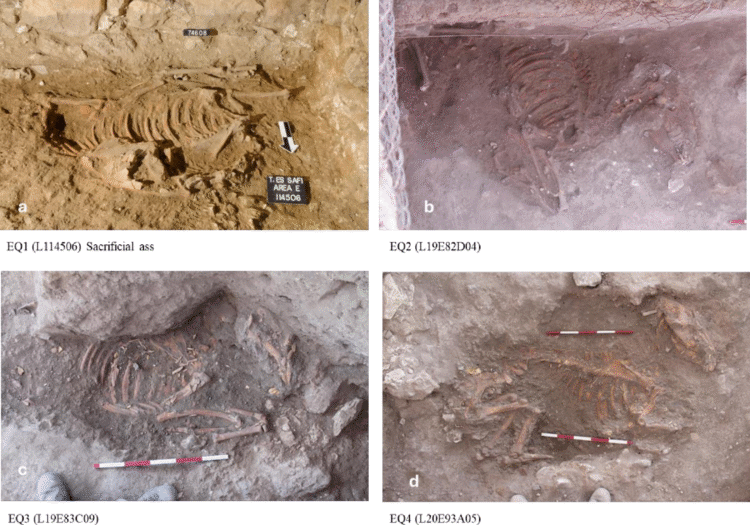
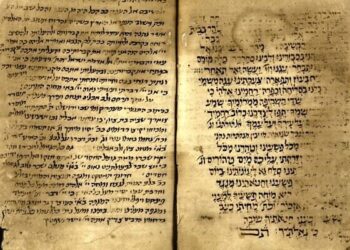


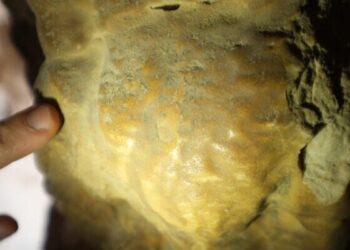
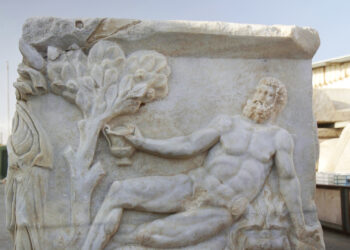
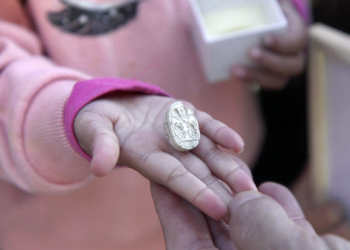

















Discussion about this post